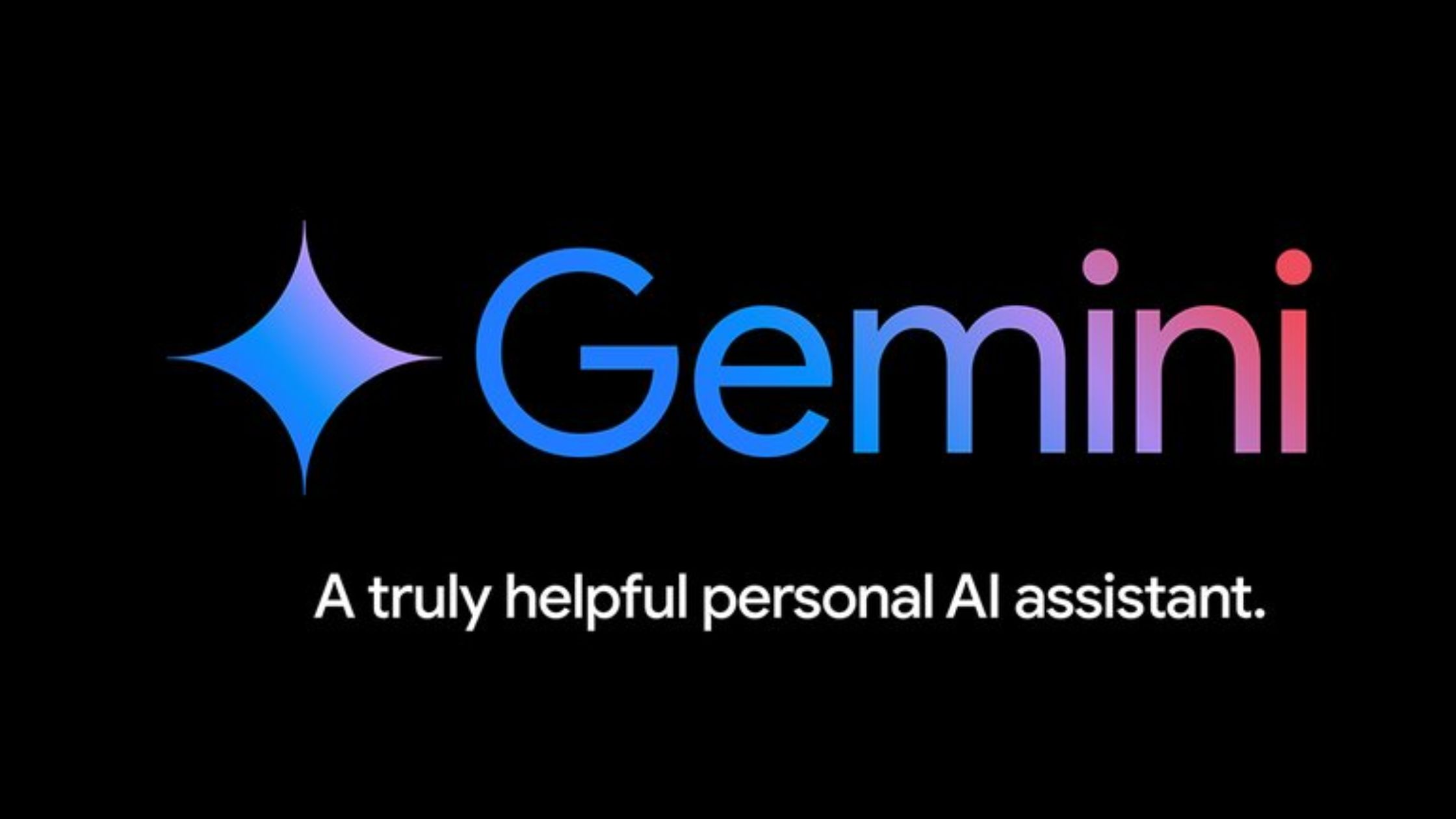Google has finally broken the silence on how much you can actually ask its Gemini AI to do every day and the numbers might surprise you. After months of vague references to “limited,” “expanded,” or “highest access,” Google has now published concrete usage caps for Gemini’s most popular features, cutting through the ambiguity that has long surrounded its AI assistant.
For those using Gemini 2.5 Pro on a free Google account, the headline is simple: you get five prompts per day, backed by a generous 32,000-token context window. That’s enough for quite a bit of detailed back-and-forth, but it’s a hard stop once you hit 5 prompts, you’re done until reset. Alongside this, image generation or editing is capped at 100 images daily, while use of the Deep Research tool is limited to five reports per month. Audio Overviews, however, offer a bit more breathing room with 20 generations per day allowed.
The paid tiers tell a different story. At $19.99 a month, Google AI Pro subscribers enjoy 100 prompts daily, a ramp-up to 1,000 images, and can produce up to 3 Veo 3 Fast videos per day. Deep Research jumps to 20 reports a day, making it a far more powerful option for users seeking deeper insights or frequent creative output. The top-level Google AI Ultra plan, at a steep $249.99 monthly price tag, expands things further with 500 prompts per day, 5 Veo 3 videos, and an incredible 200 Deep Research reports daily. It even unlocks 10 “Deep Think” prompts per day, with a truly massive 192,000-token context window for complex conversations or research projects.
| Feature | Free (Gemini 2.5 Pro) | Google AI Pro | Google AI Ultra |
|---|---|---|---|
| Price | Free | $19.99 / month | $249.99 / month |
| Prompts / Day | 5 | 100 | 500 |
| Context Window | 32,000 tokens | Not specified | 192,000 tokens |
| Images / Day | 100 | 1,000 | Not specified |
| Deep Research | 5 / month | 20 / day | 200 / day |
| Audio Overviews / Day | 20 | Not specified | Not specified |
| Veo 3 Videos / Day | – | 3 (Fast) | 5 |
| Deep Think Prompts / Day | – | – | 10 |
| Other Features | Canvas, Gems & Storybook subject to model limits | Same | Same |
This detailed breakdown finally gives users a clear picture of how far they can push Google’s AI before hitting the limits an essential consideration when comparing Gemini against other AI platforms like OpenAI or Anthropic, which often advertise fewer upfront restrictions but embed more subtle throttling under the hood.
Google’s rate limits are not just about fairness or system performance, though. They also serve to protect the platform from abuse, regulate server load, and arguably nudge heavy users toward more lucrative premium plans. With AI becoming an integral tool in workflows and creative projects, knowing these caps is crucial for anyone relying on Gemini for productivity.
Interestingly, the limits vary not just by account level but also by feature. Dimensions like prompt length, the complexity of conversations, alongside the number and size of attached files, can all eat into your daily quota. Google makes it clear that unused capacity replenishes regularly, so you can switch between models or simply wait it out. Canvas, Gems, and Storybook features are also “subject to the limits of the model you select,” adding extra nuance.
This move by Google marks an important pivot in AI services. After a high-profile launch fueled by hype and mystery, Gemini is now stepping into a more mature phase defined by transparency and real-world boundaries. The question now: how will this shape user expectations and market competition? For casual users, the free tier’s tight prompt limits might feel restrictive, but for pros and enterprises, the Ultra tier could be a game-changer.
As AI assistants like Gemini become routine tools, the way providers manage access through usage limits will play a key role in user satisfaction and ecosystem development. Whether Google’s approach of tiered caps and hefty premium price tags will pay off remains to be seen but at least now, everyone knows exactly what they’re getting.
For anyone planning to dive deep into Gemini’s capabilities or deciding if it’s worth subscribing, these fresh usage details provide much-needed clarity in an increasingly crowded and competitive AI landscape.


